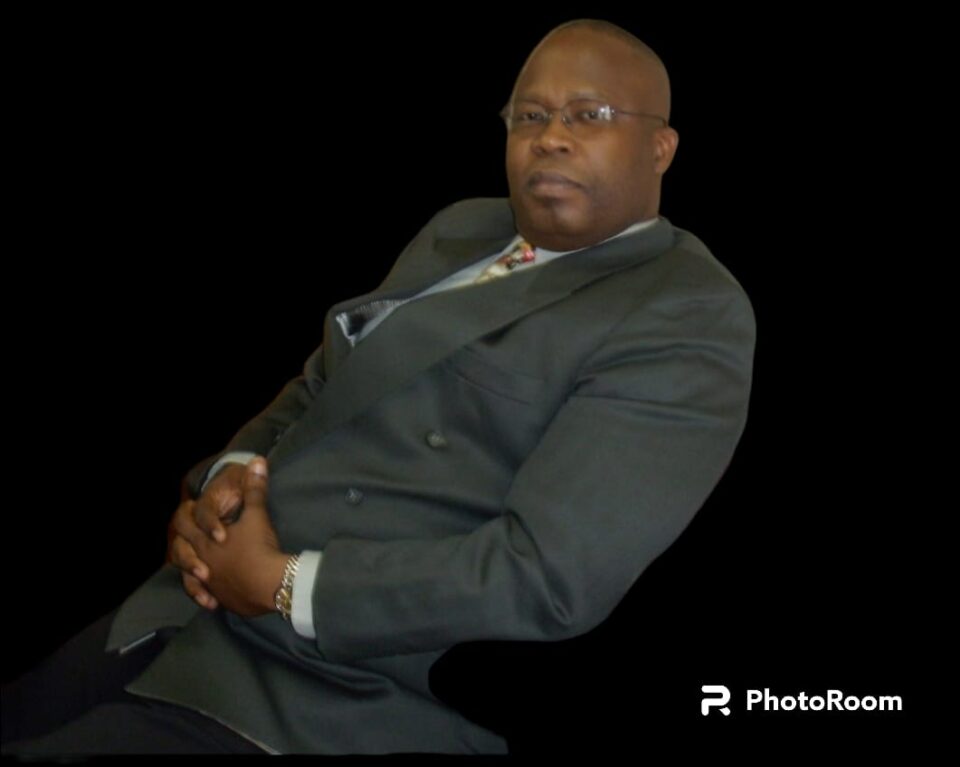PHOTO: The Author
By Austin S Fallah True Son of Liberia, Africa, and the Planet Soil
In our increasingly interdependent and complex world, the principle of law must be established as an imperishable bulwark against not only the offenses of individual criminals but also those of powerful entities and individuals who wield influence.
This parley argues that no one person or group should have the privilege to defy the constitution, specifically within the context of Liberia.
All individuals, irrespective of their status, wealth, or influence, should strictly adhere to the laws of Liberia. Echoing the universal principle of equality before the law, these stipulations are the underpinnings that secure the threads of justice in the Liberian fabric.
As Liberia continues to rebuild, post its prolonged civil strife, the nation must confront inherent structural injustices that permeate through its societal fabric to stabilize law and order.
To maintain its sovereignty, the enforcement of the law must be indiscriminate, impartial, and comprehensive, vetting even the highest echelons of Liberian leadership.
Discretionary law enforcement functions as a dual-edged sword. On one hand, it is necessary to maintain order, while on the other hand, it can potentially corrupt the justice system by placing undue power in the hands of individuals.
This necessitates clear demarcations between civil and criminal actions.
The power to order arrests should not reside in personal quarrels but should stem from systematic investigations reinforcing court rulings.
Without these boundaries, Liberia risks descending into chaos colored by power games and personal vendettas.
The undue use of police power to satisfy personal feuds not only undermines the justice system but also puts immense psychological pressure on the debtor, contravening the norms of a civilized society. To counteract this, the police force’s role needs urgent redefinition and reorientation.
They should serve as protectors of the common Liberian citizen, ensuring everyone’s rights are upheld and safeguarded.
At the same time, any directive to arrest without court sanction must be viewed as an encroachment on police duties.
Instead of falling victim to such manipulations, law enforcement should be equipped and mandated to arrest those individuals who order such illegal arrests, breaking the cycle of abuse of power in Liberia.
Dismantling the edifice of power dynamics plaguing the Liberian society begins with the just dispensation of law, regardless of class, wealth, or governmental status.
The idea that justice need not be a luxury for the affluent or government officials but a fabric of everyday life for every Liberian citizen resonates strongly and clearly.
For a long time, Liberia’s justice system has been skewed towards the rich and influential, creating a haven for illegal activities and fostering resentment and disillusionment among citizens.
This adda is a clarion call to rectify this disparity by ensuring that justice is not exclusively a rich man’s privilege but an everyday reality for every Liberian citizen.
The need for justice to be dispensed fairly, impartially, and without fear or favor is critical for Liberia’s journey toward lasting peace and sustainability.
Comprehensive legal reform, coupled with citizen-driven governance, would ensure that no individual or group is above the law.
This stance not only strengthens society’s moral fabric but also instills a sense of ownership, accountability, and respect for the law among citizens.
The age-old dictum, “Justice should not only be done but should manifestly and undoubtedly be seen to be done”, must resonate in every corner of Liberia.
True equality before the law, the bedrock of any just society, must prevail.

